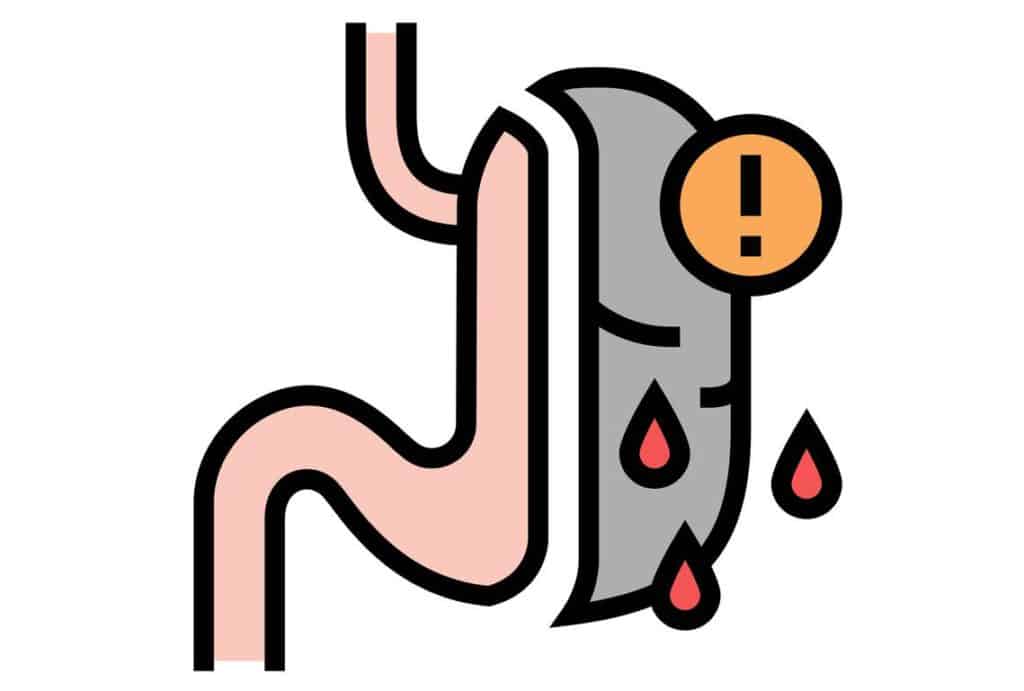Doctors, physicians, nutritionists, and surgeons recommend bariatric surgery to people with severe obesity. It is one of the most effective, reliable, and cost-effective treatments for obesity and chronic health conditions, including hypertension, type-2 diabetes, heart disease, and stroke.
Studies show that adults with severe obesity experience substantial weight loss within three years after bariatric surgery with reduced risks of high blood pressure, cholesterol, and diabetes.
Although bariatric surgery has high success rates, it has a few downsides or complications when not performed by a board-certified surgeon or the patient fails to follow the postoperative instructions. Read on!
Get $500 Off on Bariatric Surgery In Miami
What is the Success Rate of Bariatric Surgery?
Research shows that the long-term success rate of bariatric weight loss surgery is between 68% and 74%. Most patients leverage the benefits for up to twenty years. Bariatric surgery has different types, and the most successful procedure is gastric bypass surgery, with long-term weight loss success rates of 95%.
How Painful is Bariatric Surgery?
You will experience pain at the incision site during or after the surgery. The pain is also due to how a surgeon position your body during the procedure. Some patients experience shoulder, neck, and back pain after the operation.
Discomfort and pain in these body areas are due to gas reabsorption during surgery. If you experience pain or discomfort, notify the postoperative care team or consult with your doctor to overcome the situation.
What are the Risks and Complications of Bariatric Surgery?
Like other surgeries, bariatric surgery poses various health risks and complications. These risks are short-term and long-term, depending on how the patient’s body responds to surgery. The most common risks or complications associated with bariatric surgery are:
Excessive Bleeding
Postoperative bleeding is a substantial complication after bariatric surgery, particularly gastric bypass. Although most patients experience limited bleeding, the condition can cause several complications, such as hemorrhagic due to staple line bleeding. Some patients experience bleeding in the omentum, the abdominal wall, and short gastric vessels.
Hypoglycemia
Hypoglycemia is another complication of bariatric surgery. Metabolic changes in your body trigger tissues and cells to produce excess insulin after meals. Most patients find it challenging to identify or recognize hypoglycemia symptoms because these signs are similar to other disorders, such as:
- Adrenal insufficiency
- Generalized anxiety disorder
- Heart rhythm issues
Hypoglycemia among those who underwent bariatric surgery can cause difficulty concentrating, blurred vision, slurred speech, confused thickness, drowsiness, and numbness. Consult your surgeon or doctor to manage blood glucose levels.
Otherwise, low blood sugar levels for a prolonged period will starve your brain and may increase the risk of depression, seizures, Alzheimer’s disease, coma, and other life-threatening complications.
Malnutrition
Malnutrition after bariatric surgery can cause protein-energy and micronutrient deficiencies, including folate, iron, vitamin A, and vitamin B12. Bariatric patients who fail to follow the recommended dietary instructions are at increased risk of malnutrition.
Ulcers
An ulcer is one of the most common complications for bariatric patients. About 16% of sleeve gastrectomy and gastric bypass patients experience ulcers in the staple line with symptoms like nausea, vomiting, and digestive distress.
If you frequently experience nausea, vomiting, and abdominal pain, consult your surgeon immediately. Otherwise, your condition will worsen over time, causing excessive bleeding that makes your dark red or tarry stools.
Bowel Obstruction
Bowl obstruction is another significant complication after bariatric surgery. You may experience acute or chronic bowel obstruction, depending on how your body responds to the surgery. Long-term bowel obstruction can cause adhesions and internal hernias.
Hernia
Bariatric surgery can cause various complications. However, internal hernias are the most dangerous because they can cause torsion and bowel ischemia, requiring surgical treatments. Consult your surgeon if you experience hernia symptoms:
- A bulge in the pubic bone
- Burning sensations at the pubic bone
- Discomfort, swelling, and pain in the groin
- Difficulty moving or lifting objects
Breathing Issues
Respiratory complications due to bariatric surgery are of primary concern for patients. Some patients experience aspiration pneumonia, empyema, pulmonary abscess, and asthma, while others may develop interstitial lung disease or bronchiectasis. Follow a strict dietary and exercise routine to prevent the risk of breathing issues by strengthening your lung muscles and tissues.
What to Do Next?
Although bariatric surgery can cause complications, it has high success rates. You can avoid these complications by undergoing bariatric surgery at a reputable clinic like Miami Lakes Cosmetics.
We have a team of board-certified, experienced, and skilled surgeons who follow evidence-based approaches and use cutting-edge equipment to streamline the procedure and prevent the risks of postoperative complications.
Our surgeon will provide detailed guidelines to improve your health after the surgery and achieve optimal results. Contact Miami Lakes Cosmetics between 9 am to 5 pm Monday to Friday.





